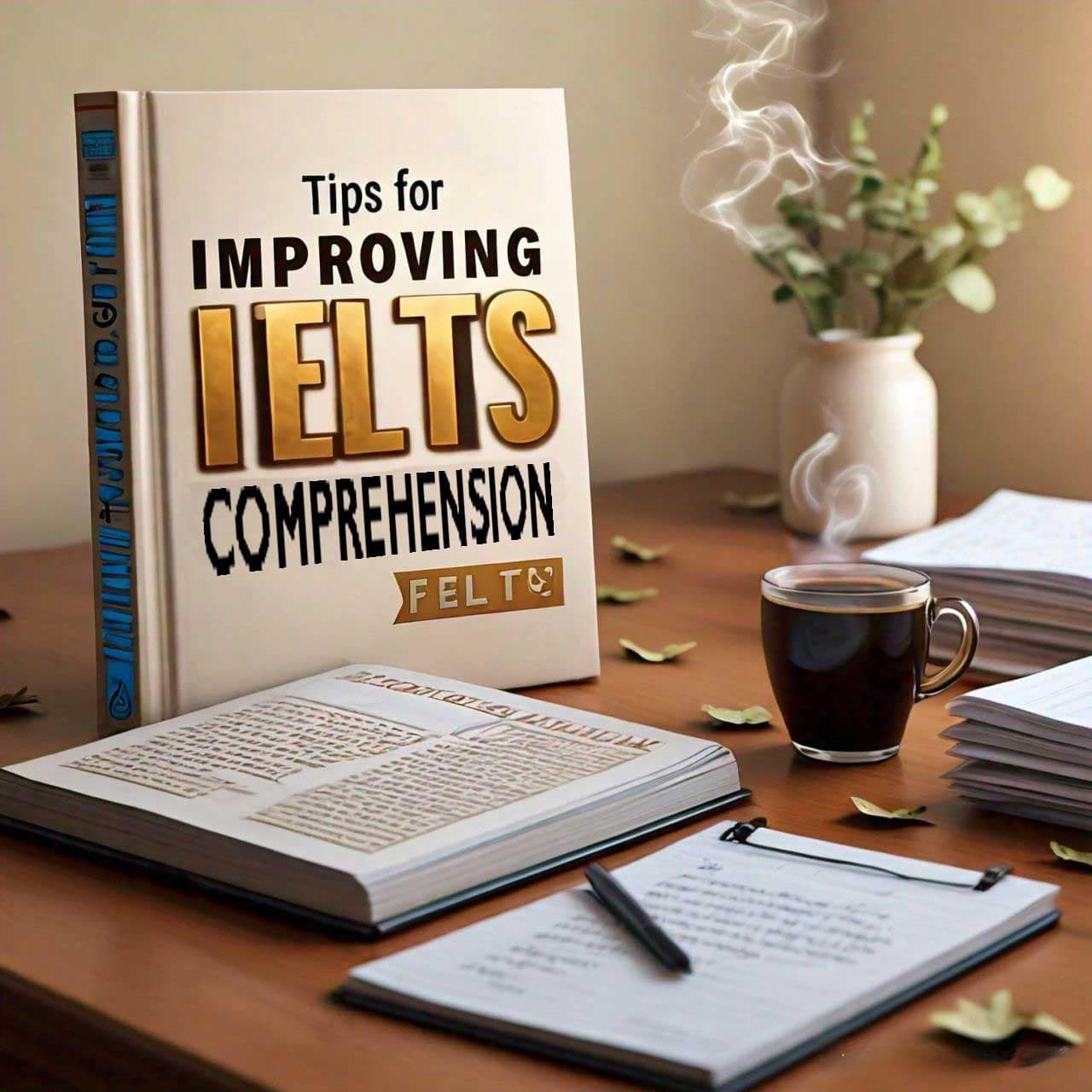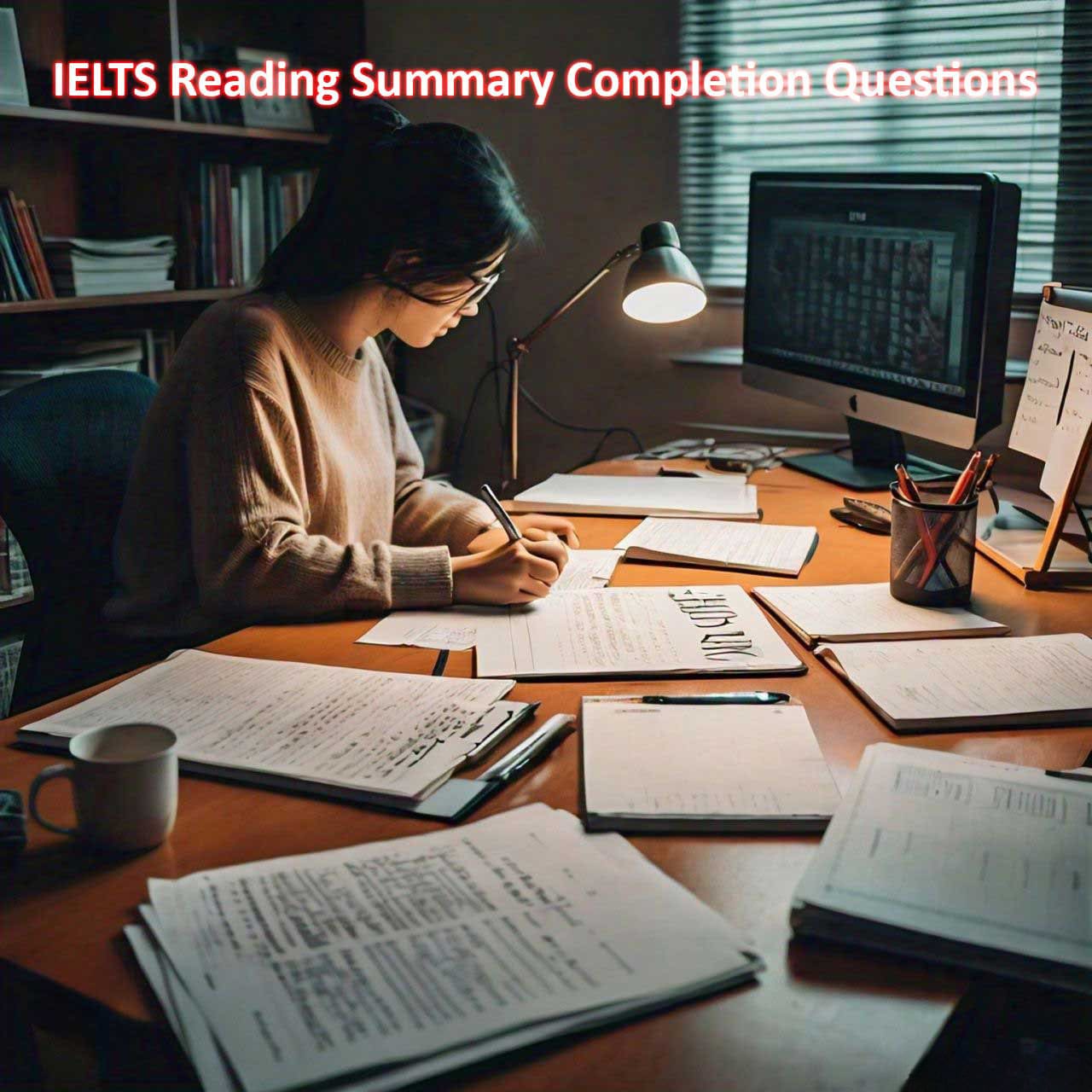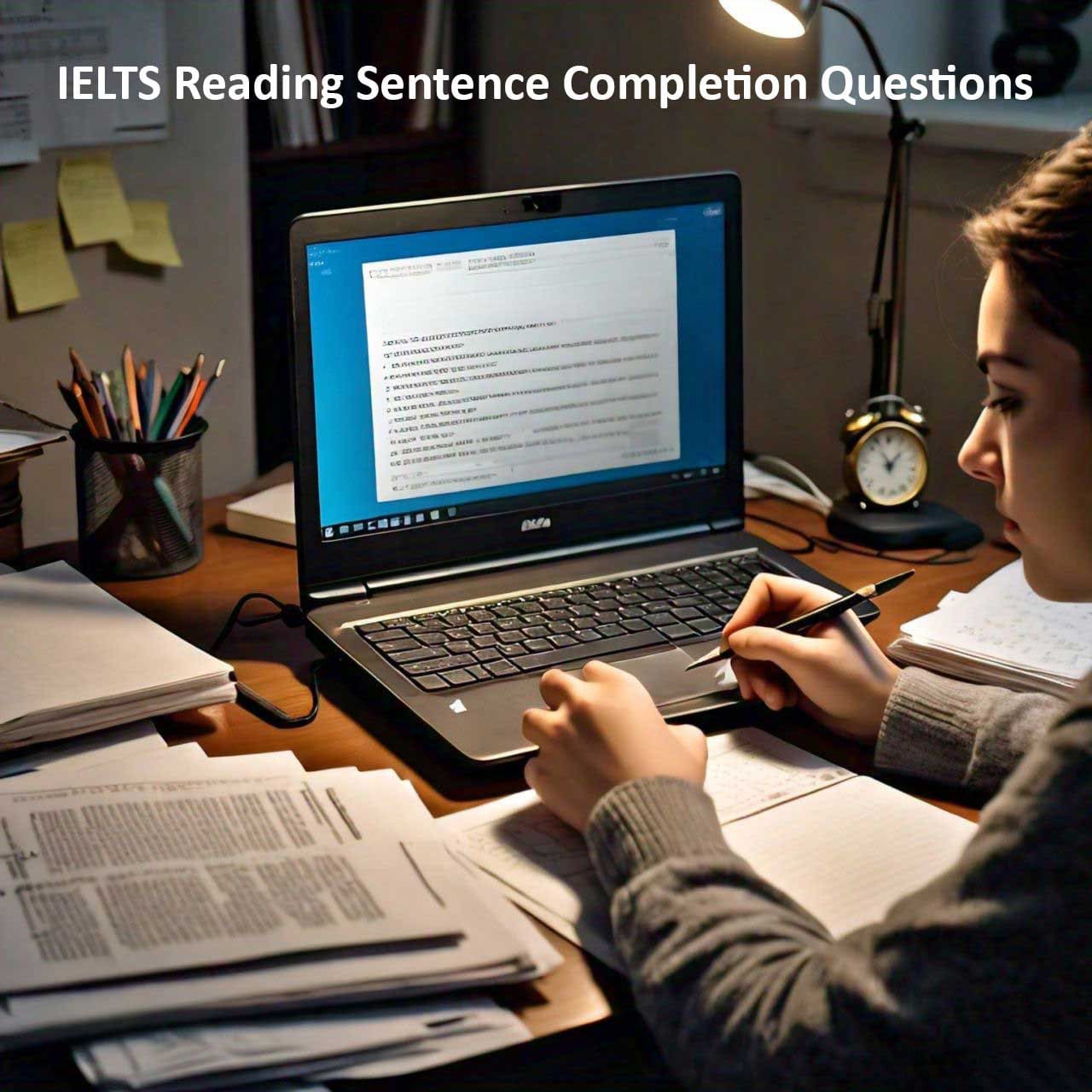Mastering the reading comprehension section of the International English Language Testing System (IELTS) exam is crucial for achieving your desired score. This section assesses your ability to understand written texts and extract key information efficiently. Whether you’re aiming to study abroad or pursue professional opportunities, improving your reading comprehension skills for IELTS can significantly boost your chances of success. In this blog post, we’ll explore valuable tips and strategies to help you improve your performance in the IELTS reading section.
Table of Contents
1. Understand the Question Types:
Familiarize yourself with the different question types commonly found in the IELTS reading section, such as multiple-choice, true/false/not given, matching headings, and sentence completion. Understanding the requirements of each question type will help you approach them strategically and allocate your time effectively.
2. Skim and Scan Strategically:
Practice skimming and scanning techniques to quickly identify the main ideas, keywords, and relevant information in the passage. Skimming involves quickly reading through the passage to get a general overview, while scanning involves searching for specific details or keywords. These techniques can help you locate answers more efficiently within the allotted time.
3. Focus on Vocabulary Building:
Expand your vocabulary by regularly reading a variety of English texts, including newspapers, magazines, and academic articles. Pay attention to unfamiliar words and their context to improve your understanding of nuanced vocabulary. Utilize vocabulary-building resources such as flashcards, word lists, and language learning apps to reinforce new words.
4. Practice Active Reading:
Engage in active reading by asking yourself questions as you read the passage. Predict the main idea, identify key points, and anticipate the author’s arguments or opinions. Active reading encourages deeper comprehension and helps you retain information more effectively.
5. Use Context Clues:
Utilize context clues to infer the meanings of unfamiliar words or phrases within the passage. Pay attention to surrounding words, sentence structure, and the overall context to deduce the intended meaning. Avoid relying solely on a dictionary and practice deriving meaning from context to enhance your reading comprehension skills.
6. Improve Time Management:
Manage your time wisely during the IELTS reading section by allocating a specific amount of time to each passage and question set. Practice timed reading exercises to improve your speed and accuracy. If you encounter a challenging question, don’t dwell on it for too long—mark it for review and move on to the next question.
7. Practice Regularly with Authentic Materials:
Expose yourself to a variety of reading materials similar to those found in the IELTS exam, such as newspaper articles, academic journals, and excerpts from textbooks. Practice reading actively, identifying main ideas, and answering comprehension questions to familiarize yourself with the exam format and build confidence.
8. Review and Analyze Mistakes:
After completing practice tests or exercises, review your answers and identify any patterns of mistakes or areas for improvement. Analyze why certain answers were incorrect and learn from your errors. Focus on strengthening weak areas through targeted practice and review.
9. Seek Feedback and Guidance:
Consider seeking feedback from teachers, tutors, or study partners to assess your progress and receive personalized guidance. Participate in study groups or online forums where you can exchange tips, strategies, and resources with fellow IELTS aspirants. Constructive feedback can help pinpoint areas for improvement and refine your approach to reading comprehension.
10. Stay Calm and Confident:
Approach the IELTS reading section with a calm and confident mindset. Trust in your preparation, abilities and avoid becoming overwhelmed by challenging passages or questions. Stay focused, maintain a positive attitude, and tackle each question methodically to maximize your performance on test day.
Conclusion:
Improving your reading comprehension skills for the IELTS exam requires dedication, practice, and strategic preparation. By incorporating these tips into your study routine and adopting effective reading strategies, you can enhance your ability to understand written texts and excel in the reading section. Remember to practice regularly, manage your time wisely, and stay confident in your abilities. With perseverance and determination, you can unlock success in the IELTS reading comprehension section and achieve your desired score.



